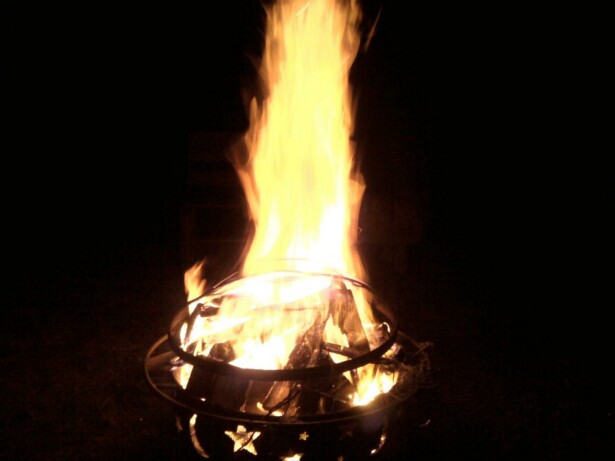Book Review: The
Master Game: Pathways to Higher Consciousness
Robert De Ropp was naturally led by his childhood fascination for magic,
ritual and the occult aspects of life to become a professional scientist and delve into laboratory research.
Born in London in 1913, he explored diverse cultural frameworks during
his life. As a young man, after moving to the US, he became a colleague and friend of Aldous Huxley, Timothy Leary, and Carlos
Castaneda. He met GI Gurdjieff during the latter's New York tour. Meanwhile, De Ropp managed to earn a doctorate in biology
and work in the fields of plant and animal cell research, cancer research, and the uses of drugs and biofeedback for modifying
and understanding consciousness.
De Ropp is responsible for a tremendous contribution to Western thought,
in the field of what are now known as the extent of Gurdjieff's influence is becoming apparent as 'Fourth Way studies'. According
to the Fourth Way system, the development of higher consciousness in man is part of natural law, but requires deliberate effort
on the part of the individual to be carried to completion, often overcoming obstacles put in place by nature itself.
De Ropp was one of the first seekers to approach this map for personal
evolution with the rigorous discipline of a scientist, understanding it as the very practical technology that it ultimately
is, and presenting his findings in a clear, precise and compelling way to his contemporary American audience.
His book, "The Master Game: Pathways to Higher Consciousness Beyond The
Drug Experience," was first published in 1968, and soon became a cult bestseller, earning praise on corporate media like the
New York Times and Time Magazine. It represents a remarkably lucid overview of some of the major tools of self-study, self-knowledge
and voluntary evolution, along with a succinct yet exhaustive introduction to basic Fourth Way ideas for the uninitiated,
all in 245 pages.
As he paints, in broad and vigorous strokes, a picture of the practical
possibilities available to aspirant players of the Master Game, De Ropp touches on several key issues that any serious practitioner
of 'gnothi seuthon' ("know thyself) is bound to encounter.
Before going "beyond the drug experience", he dedicates an entire chapter
to psychedelics and other kinds of consciousness modifiers, putting their use and their value in perspective beyond sterile
debates for or against drugs. It is only when these chemicals are taken in light of what they have to offer to the seeker
determined to evolve to a permanent state of full consciousness, that a comprehensive view can be reached. De Ropp's description
of the remarkable insights that he himself has derived from drugs is powerfully vivid and reaches at times poetic highs (is
this a pun? -- Cat), but he never forgets that without the higher wills to self-transcendence and meaning, man can never gain
the key to full consciousness.
"It is possible that the drug experience, by momentarily opening the doors
of the locked rooms, may awaken these wills. But drugs cannot strengthen the higher wills", and furthermore: "They can never,
no matter how often they are taken, enable the investigator to change his level of being."
His critique of Timothy Leary's over-enthusiasm for LSD may sound obvious
today, but it may have been nothing short of vital for many serious seekers in the middle of the psychedelic maelstrom in
the years of the book's first edition, and indeed it represents a useful set of guidelines and caveats to this very day.
In guiding the reader beyond illusions of instant awakening into a description
of the realities of a lifetime of work on self, De Ropp delineates a clear map of the possibilities that confront the serious
explorer of the frontiers of consciousness, all the while reminding us that the methods, rhythm and direction of journeying
must be determined by the practitioner himself; that there are no formulas, no 'magic diets', no safe way of accomplishing
one's aims by being told what to do by someone else. In so doing, he provides a lucid critique of 'spiritual teachers' and
their communities, warning against the specific dangers of such delicate territories with descriptive efficacy, obviously
the result of profound first-hand experience.
However, what De Ropp accomplished with this book ultimately goes beyond
a mere verbal description.
The Master Game carries with it that particular feeling of everything on
one's mental map suddenly shifting into focus in that distinctively elusive yet sharp way, the feeling of a regained perspective
and reestablished route. The taste of a breathing living consciousness behind the veil of words and linear time exudes throughout
the pages; it rekindles the emotional memory of those who have seen it, if only for a moment, and hints at an experience outside
any existing categories for those who only intuit its existence. This book can help the seeker to discover, again and again,
that there are ways of building one's own approach to the Master Game on healthy, solid foundations; it may assist in the
creation of gaming strategies that actually have a chance of being successful.
Are we ready to play?
The Master Game: Pathways to Higher Consciousness
By Robert S. De Ropp
Nevada City, CA: Gateways Books (0-89556-150-6), 2002
-- Edited and excerpted from Disinformation Newsletter
